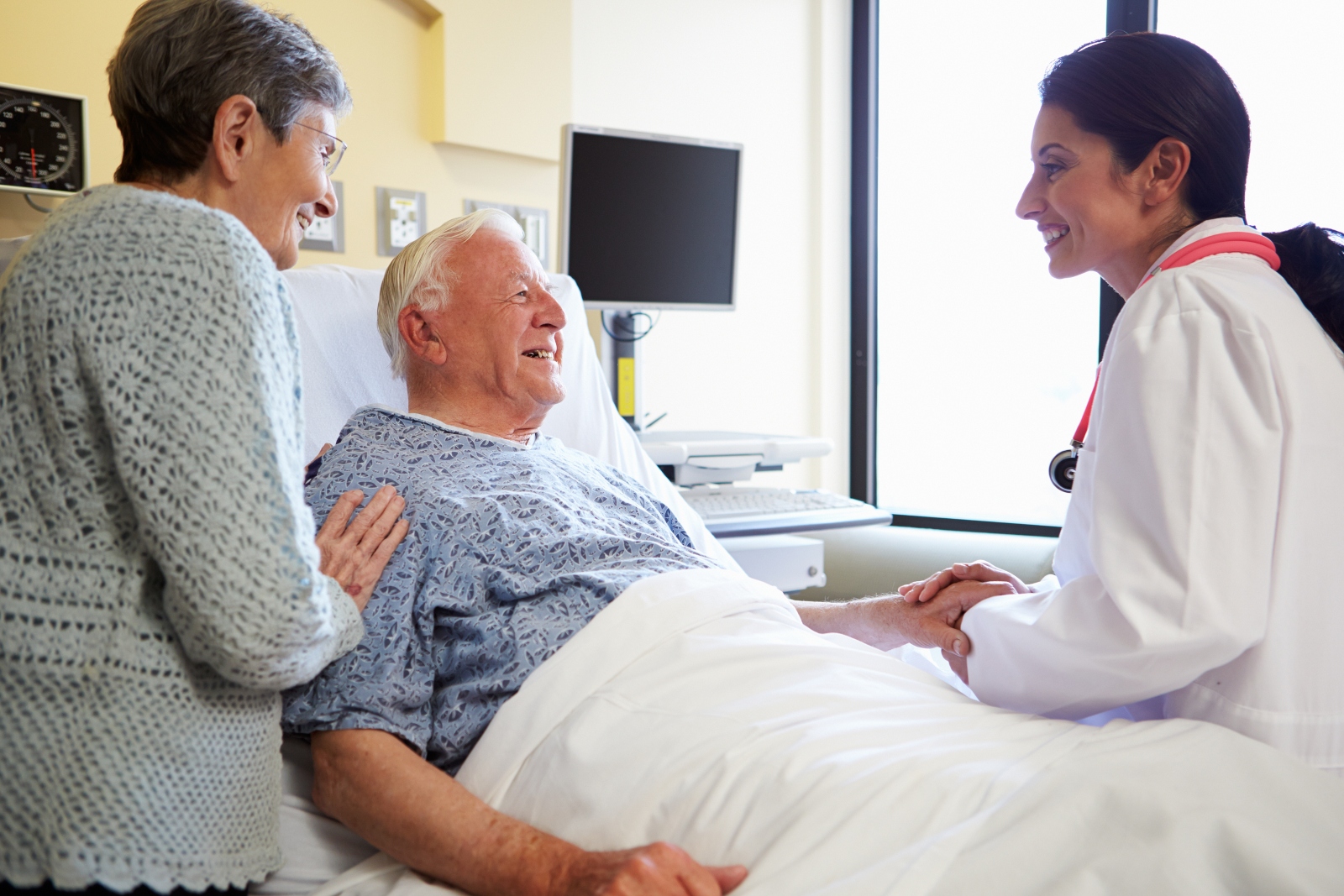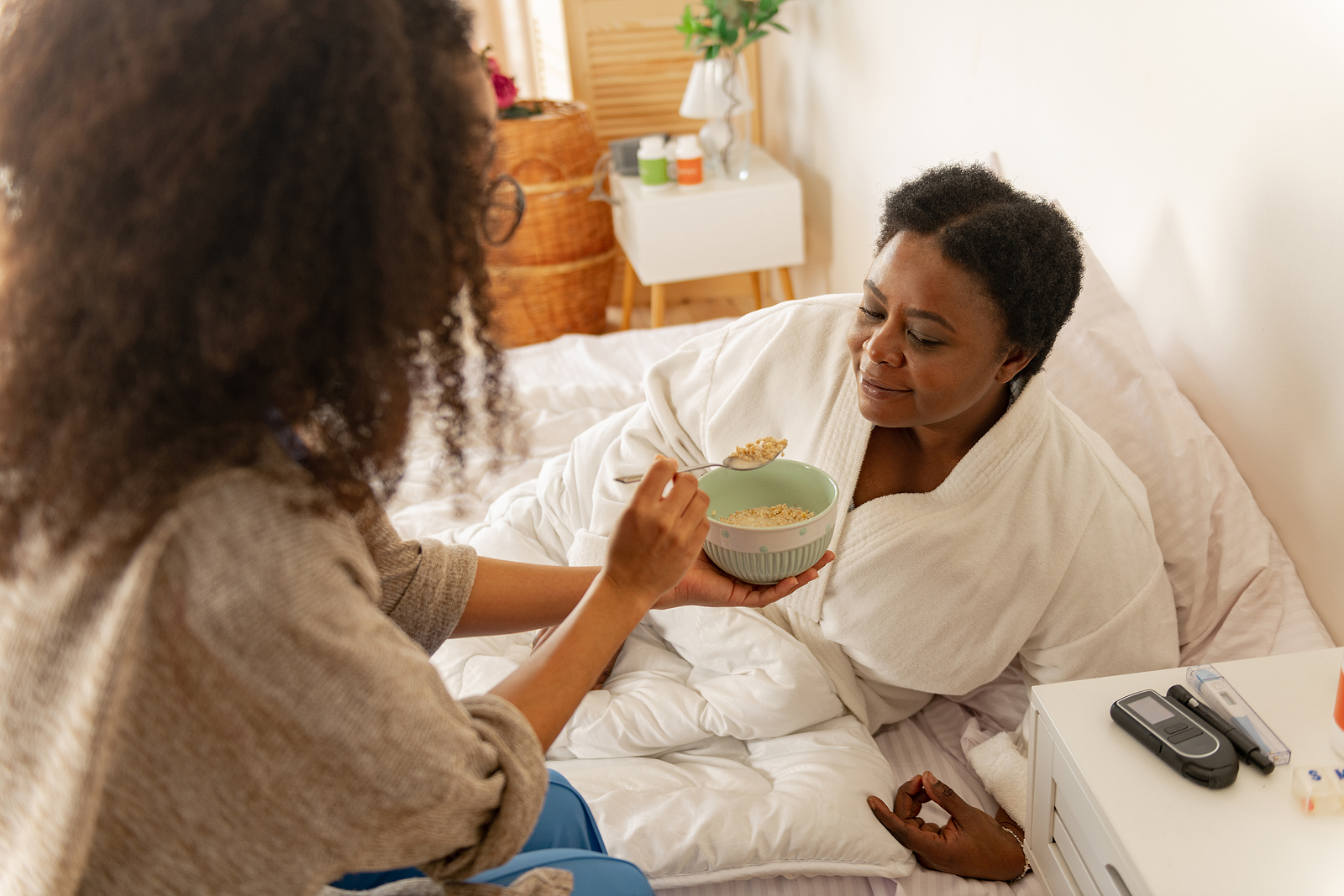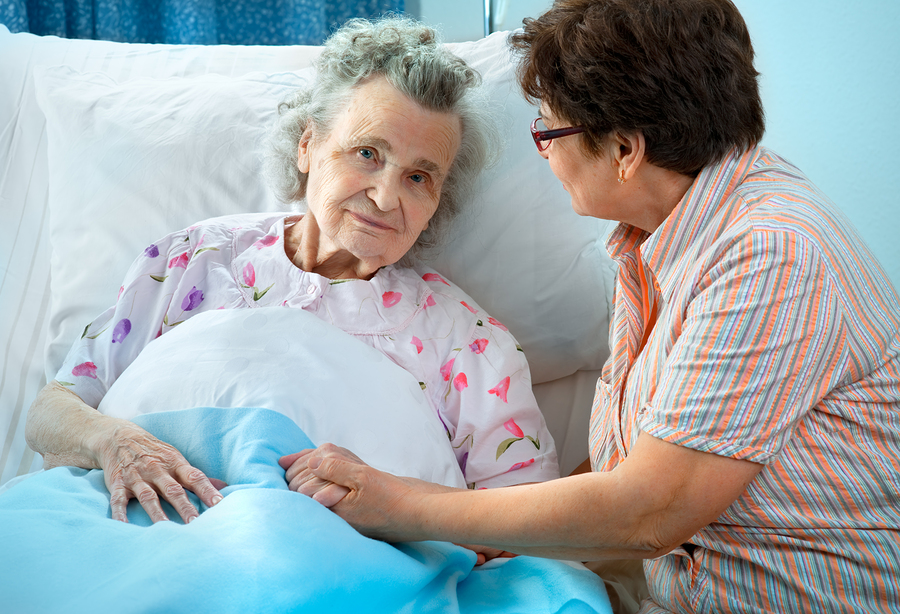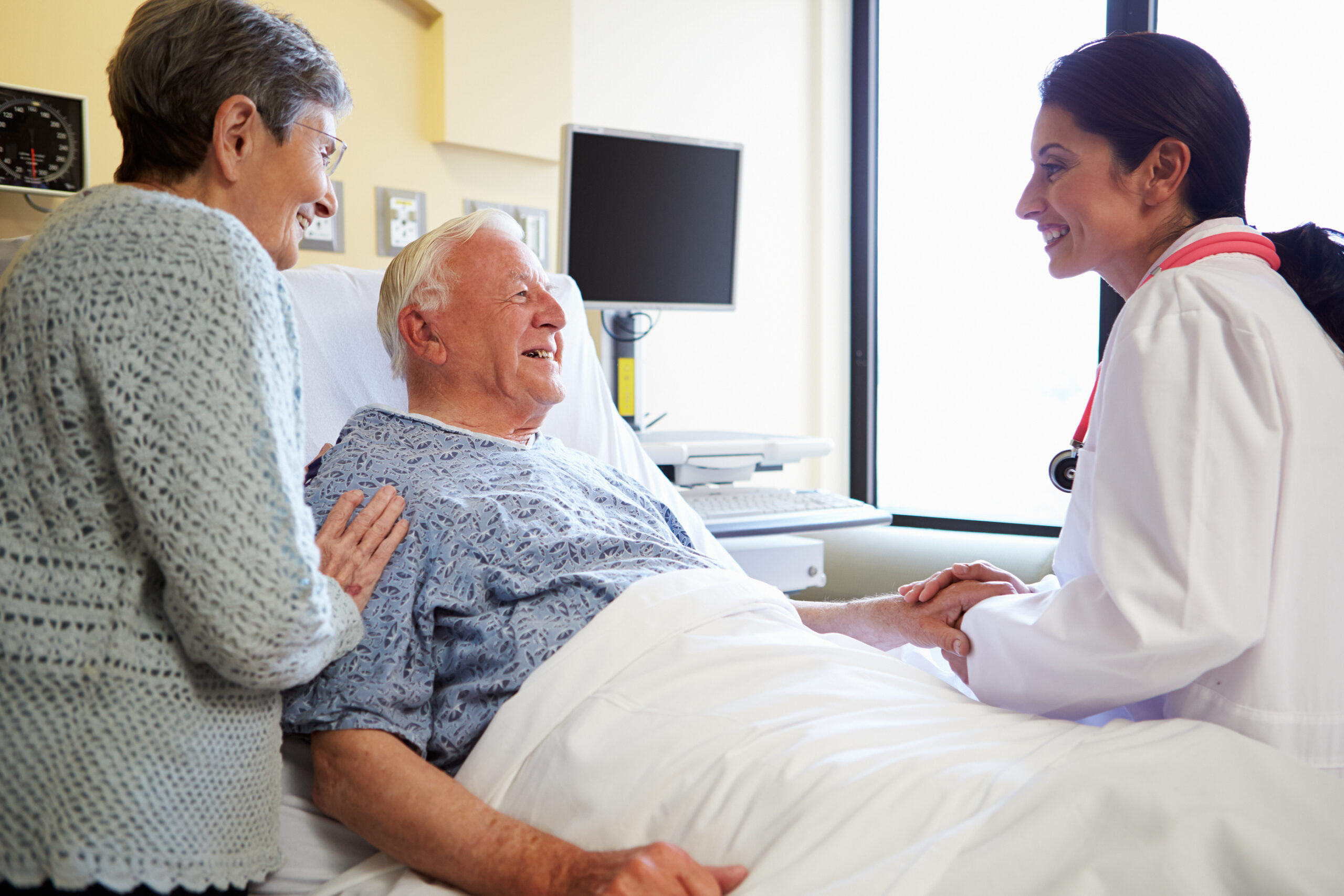How To Prevent Infections When Your Senior Parent Comes Home From The Hospital
Category:

Seniors that have been in the hospital for surgery have a high risk of developing an infection after that surgery. There are several factors that increase the risk of getting an infection after surgery and being elderly is one. Having a compromised immune system, being overweight, or having other medical conditions can also increase the risk. Many seniors have multiple risk factors for getting a post-surgical infection. But there are some things that seniors and their families can do to lower the risk of getting a post-surgical infection after they are discharged from the hospital like:
Rely on Post-Hospital Care At Home
Post-hospital care for seniors is a great way to protect seniors against infections at the surgical site after they are discharged. Post-hospital care for seniors means that someone will be with your senior loved one throughout the day to help them get to the bathroom, get dressed, and get out of bed and start walking if they are told by the doctor to do that to help their circulation. A caregiver providing post-hospital care can also make meals for your senior parent, shop for the, run their errands, clean the house, and feed any pets that your senior parent has. They will help keep the house running.
Don’t Smoke Or Use Tobacco
Seniors that still smoke should really try to quit. It’s very important that seniors don’t smoke or use tobacco after surgery. Their post-operative care instructions will probably say explicitly that they are not to use tobacco in order to lower the risk of developing an infection. Seniors who do smoke but can’t use tobacco after a surgery can try using nicotine gum instead. Or they can talk to their doctor about medication that may be able to help them stop any nicotine cravings.
Make Everyone Wash Their Hands
Everyone who comes to see your senior parent needs to wash their hands when they come in the home. And it’s a good idea for them to use hand sanitizer periodically as well. If your senior parent has post-hospital care the caregiver will always wash their hands and make sure your senior parent’s hands are clean as well.
Know The Signs Of An Infection
It’s important that you know the signs of infection so that if you notice that your senior parent is having any of them you can call their doctor. If your senior parent has a caregiver the caregiver will also be watching for signs of an infection. The signs of a surgical site infection that you should watch out for include:
- Fever or chills, or both
- Redness, swelling, pain, bleeding, or any discharge from the surgical site
- Nausea or vomiting that doesn’t get better
- Pain that doesn’t get better with medication
- Cough, chest pain, or difficulty breathing
- Coughing up yellow, green, or bloody mucus
- Pain or swelling in their feet or legs
In addition these symptoms if your senior parent is having trouble breathing or having chest pain they should get immediate medical help.
Subscribe
Date: February 9, 2024
Category:


